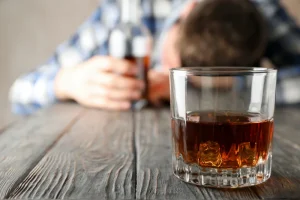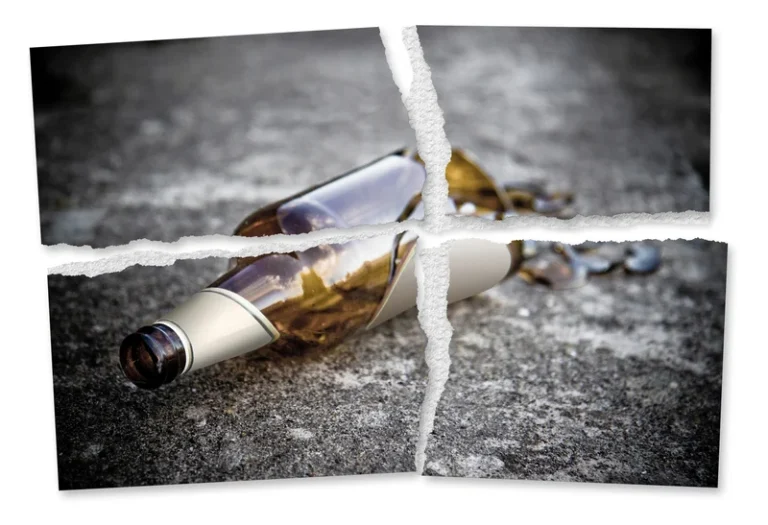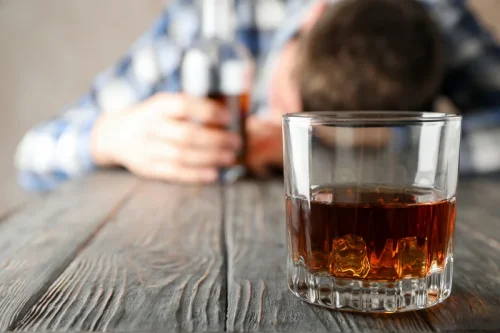Is Marijuana Addictive?: How Addictive is Weed?

Deciding you want to change your patterns of cannabis use is a good first step. Increasing self-awareness around the reasons why you want to stop smoking can help increase your chances of success. A previously criminalized drug across the country, marijuana is now widely legalized in many areas for medicinal and recreational use.

Marijuana Addiction Treatment & Rehab
- “Take an inventory of your diet, including your snacking and consumption of processed food or fast food,” says Dr. Fehling.
- Be sure to tell them that marijuana withdrawal is playing a role in how you are feeling.
- Contact a treatment provider today to discuss rehab-related options.
- Fortunately, there are numerous inpatient and outpatient treatment centers that offer in-house marijuana detox services.
For example, metoclopramide or promethazine can help with nausea and vomiting. Headaches or muscle pains can be treated with paracetamol or ibuprofen. It is important to consult a doctor about how to best treat withdrawal symptoms. The symptoms of withdrawal from marijuana vary between each user. Some people with mild marijuana dependencies are able to stop on their own.

Drugs & Supplements
Many of these weed withdrawal symptoms occur within 24 to 72 hours of stopping heavy use. Although, some users experience them a bit longer, feeling symptoms for one to two weeks. Physical weed withdrawal symptoms tend to be less intense, peak sooner, and fade more quickly than psychological symptoms. marijuana addiction An estimated 46.9% of former pot smokers report sleep disruption issues during cannabis withdrawal. Sleep-related weed withdrawal symptoms include experiencing insomnia (trouble getting or staying asleep), unusually vivid or disturbing dreams, and night sweats.
Health Categories to Explore
- Inpatient rehab is the most popular level of care offered at The Recovery Village.
- Without psychological tools for dealing with stress and anxiety, we are more likely to resort to chemical tools — cannabis.
- In addition, the severity of withdrawal symptoms can vary widely from person to person.
- Use of medicinal cannabis began in America in the 1850s, when products with cannabis extracts were produced and sold to treat maladies such as pain and muscle spasm.
- Because of this, it’s important to seek professional help to prevent relapse and prevent or treat CUD.
- Reach out to your doctor or find a mental health professional who specializes in treating addictions.
- People who have difficulty controlling these urges regardless of outcomes or harmful consequences.
Her expertise focuses primarily on mental wellness and women’s health topics. People who have a long history of using marijuana are, unfortunately, more likely to relapse during a detox. Toketemu has been multimedia storyteller for the last four years.
- The support and care offered through professional rehabilitation may help people better manage the withdrawal period, which might otherwise prove to be a significant hurdle to ongoing recovery efforts.
- Once you’re confident you’ve achieved this goal you can think about your next step – and so on.
- The drug is also smoked in what’s called a blunt—a cigar that’s been emptied of tobacco and refilled with a mixture of marijuana and tobacco.
Medications
This marijuana withdrawal symptom usually fades after two weeks, but some former smokers report continued symptoms for several weeks or even months. Some who’ve quit smoking report having “using dreams” in which they dream that they smoke marijuana. Frequent, vivid dreams typically begin about a week after quitting and can last for a month before tapering off.
- This is because there’s a lack of supervision and accountability from a person of authority.
- Research suggests that you will likely begin experiencing symptoms about a week after you stop using the drug.
- For frequent users, higher potency can increase the risk of marijuana addiction.
- Marijuana (weed) withdrawal is the collection of mental, emotional and physical symptoms you may feel if you stop using marijuana after regular use.
- 10% of people who take Marijuana in any form end up getting addicted to it.

“Take an inventory of your diet, including your snacking and consumption of processed food or fast food,” says Dr. Fehling. Instead, stick with fruits, vegetables, whole grains, healthy fats and lean protein—and stay well hydrated. People often get discouraged when they’ve tried multiple times to quit smoking, and think they’ll never be able to do it.
